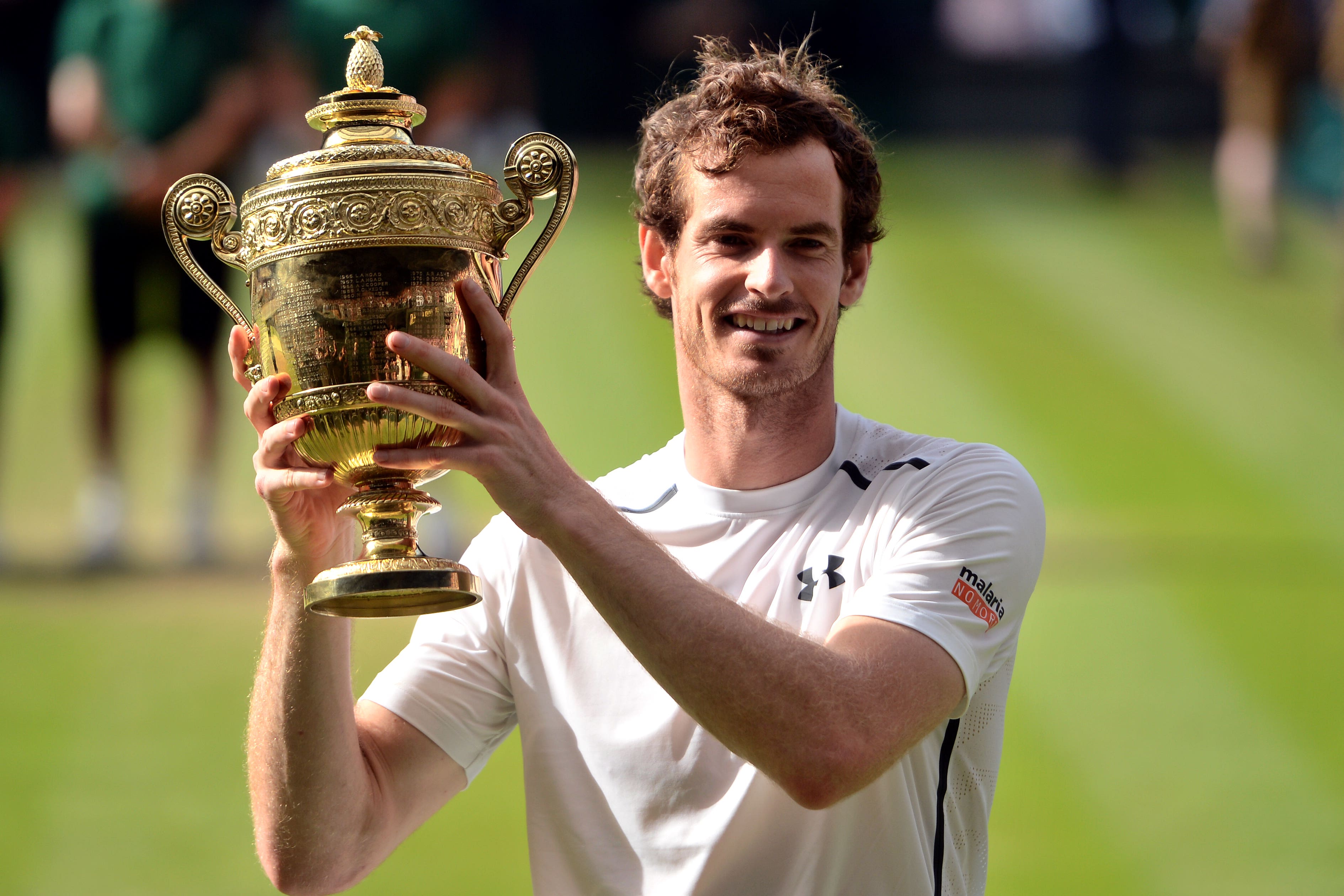Andy Murray denied one last Wimbledon singles run – but legacy assured long ago
Murray won two grand slam titles and an Olympic gold medal at the All England Club.

Your support helps us to tell the story
From reproductive rights to climate change to Big Tech, The Independent is on the ground when the story is developing. Whether it's investigating the financials of Elon Musk's pro-Trump PAC or producing our latest documentary, 'The A Word', which shines a light on the American women fighting for reproductive rights, we know how important it is to parse out the facts from the messaging.
At such a critical moment in US history, we need reporters on the ground. Your donation allows us to keep sending journalists to speak to both sides of the story.
The Independent is trusted by Americans across the entire political spectrum. And unlike many other quality news outlets, we choose not to lock Americans out of our reporting and analysis with paywalls. We believe quality journalism should be available to everyone, paid for by those who can afford it.
Your support makes all the difference.Andy Murray’s painful decision to call time on his Wimbledon singles career brings an outstanding era in British sport to a sad end.
The Scot finally gave in to what, in truth, his body has been telling him for years on Tuesday morning when his team announced his withdrawal from what would have been one final All England Club appearance as a singles player.
Murray, ever the competitor but never the most decisive of people, had left the decision until the last possible minute having attempted a miraculous comeback from undergoing back surgery just 10 days earlier.
That was after the 37-year-old took to the court to play his second-round match against Jordan Thompson at Queen’s Club despite having lost “strength and coordination” in his right leg.
“In hindsight I wish I hadn’t gone on there because it was pretty awkward for everyone,” he admitted after retiring having limped through five torturous games.
But this, remember, is a man who has been competing at the top of elite sport for the past few years with a metal hip, having been struck down in his prime – and as world number one – with a debilitating condition.
The real pity is injuries have robbed Murray, and British tennis, the chance of a proper send-off, although he still plans to play doubles with brother Jamie in what will be an opportunity to say an emotional goodbye, hopefully on Centre Court, the scene of his greatest triumphs.
All England Club chiefs will then pay tribute to the two-time champion, who is expected to retire after one last crack at the Olympics later this summer.
Plus we can always bask in the memory of that glorious afternoon of Sunday, July 7 2013, when Murray overcame Novak Djokovic to become Britain’s first Wimbledon champion since 1936, and the win over Milos Raonic three years later for title number two.
Murray’s Wimbledon record of 61 wins and 13 defeats put him ninth in the all-time list, between Rafael Nadal and Jimmy Connors.
But the statistics could never tell the whole dramatic story, stretching back to his first Wimbledon in 2005 when the teenage wild card went two sets up against former finalist David Nalbandian only for cramp to set in and an eventual defeat in five.
Three years later he would come back from two sets down to beat Richard Gasquet in the kind of match that would go on to define his career.
It was on Centre Court 12 months later, under the roof for the first time, that Murray squeezed past Stan Wawrinka in five in the first of many late-night epics.
Then there were the tears of 2012 after reaching his first final, and taking the first set off Roger Federer, only to go down 4-6 7-5 6-3 6-4 to the Swiss master.
So Murray’s Wimbledon legacy is assured, even though his bid to add one last singles chapter fell agonisingly short.